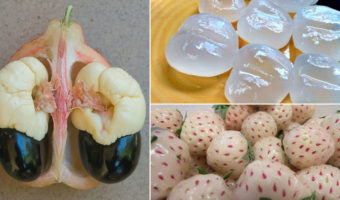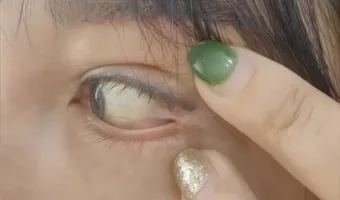12 Personal Hygiene Mistakes You Are Probably Making
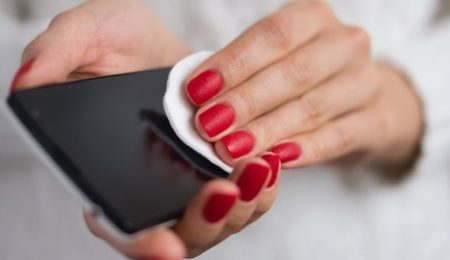
We all know that good personal hygiene protects us from germs and illnesses, and most of us are taught basic skills such as brushing our teeth and showering at a young age. As adults, we are pretty much set in our ways as far as personal hygiene habits are concerned, which is why we rarely question these daily practices. So, it might come as a shock when you learn that you have been doing it wrong all these years. Here are 12 personal hygiene mistakes that you are probably making and should rectify.
1 Not flossing every day.
Flossing is an important part of oral hygiene, but very few people actually floss every day. Even though it does not offer instant gratification, flossing provides a number of long-term benefits. It removes about 40% of the plaque or sticky bacteria from your teeth, and it cleans between the teeth where the toothbrush just does not reach.
When you go days or weeks without flossing, plaque builds up and it produces acid, which causes cavities and leads to gum diseases such as gingivitis. According to the American Dental Association, or ADA, you should floss at least once every day. If you hate flossing, you should use some other interdental cleaner that does the same job. (1, 2)
2 Not cleaning items you touch and use every day.

When was the last time you cleaned your keyboard, mouse, smartphone or remote? Though these items may look clean on the surface, they might be covered in bacteria and germs that get transferred through touch.
A study, conducted by the University of Arizona revealed that an average desktop has about 400 times more bacteria than an average toilet seat. Another study showed that two deadly and drug-resistant bacteria called MRSA (methicillin-resistant Staphylococcus aureus) and VRE (vancomycin-resistant Enterococcus faecium) can survive on a keyboard for up to 24 hours!
Most of these bacteria are found in our mouths, nasal passages, and skin, and we transfer them to objects we touch. That is why it is crucial to clean everyday items such as keyboards, mouse, remote control, and smartphones even if they do not appear dirty. (1, 2)
3 Not washing bath towels and not letting them dry properly.
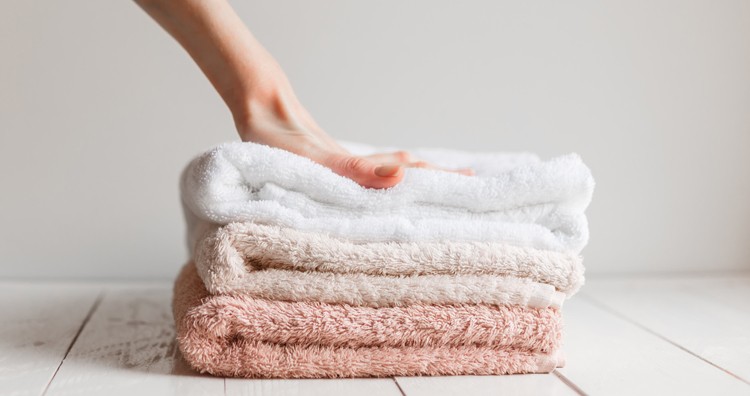
Showers are meant to make you feel clean, fresh, and rejuvenated, but all that work you put into soaping, scrubbing, and rinsing can go to waste if you end up drying yourself with a dirty bath towel. You might think that your bath towel cannot possibly be that dirty since you use it after having cleaned your body properly. In reality, bath towels are the breeding grounds for a range of microorganisms.
No matter how long you spend in the shower, you cannot get rid of all the germs and bacteria that cling to your skin. The same microorganisms get transferred to your towel, and they start multiplying on the damp surface. If you keep using the same towel every day without washing it, you are practically rubbing the same germs all over you after cleaning yourself.
Moreover, if you do not let your towel dry after use, it becomes a hotbed of molds, yeasts, and viruses. These can cause a host of problems including acne, eczema, infection, itching, warts, athlete’s foot, toenail fungus and so on. That is why experts recommend that you wash bath towels every two to three days. Also, make sure to fully air-dry your towel after use. It will slow down the growth of bacteria. (1, 2)
4 Not cleaning the inside of your shoes.

If you have stinky feet, you know how embarrassing it is to take off shoes in public. You may try everything from rigorously washing to powdering your feet, but you may not be able to prevent the smell. That is because your feet are not the only problem here. Your shoes may be the actual culprit!
There are over 250,000 sweat glands in each foot, and your feet can produce over half a pint of sweat each day. Now, dirty shoes don’t breathe well, and the lack of proper ventilation can cause your feet to get even sweatier. When the sweat does not evaporate, bacteria start feasting on it and produce isovaleric acid, which causes the horrid smell.
If you keep wearing the same shoes without ever washing the insoles or cleaning the inside, the smelly problem will persist. Washing shoes manually with shoe care products or plain soap and water can not only reduce (or eliminate) the smell, but it can also help your shoes to last longer. You should also let your shoes air-dry every day. (1, 2, 3)
5 Not cleaning the belly button.

When it comes to personal hygiene, the belly button goes mostly ignored. However, just like any other body part, they need cleaning too. In fact, researchers have found 2,368 different species of bacteria in people’s belly buttons, and 1,458 of those may actually be new to science!
According to the study, conducted by the Belly Button Biodiversity project, most belly buttons harbor around 67 different species of bacteria, while some may have as many as 107 different species. What is even more curious is that one of the study participants had bacterium that was previously found exclusively on Japanese soil, where the individual has never been.
Unless you make an effort to clean your belly button, dirt and grime will keep accumulating in the crevices, making it the perfect spot for bacteria to thrive. A dirty belly button can lead to several problems such as odor, yeast infection, and omphaloliths, which are naval stones that form after sebum and dead skin cells accumulate in the belly button. (1, 2, 3)
6 Using scented feminine hygiene products.
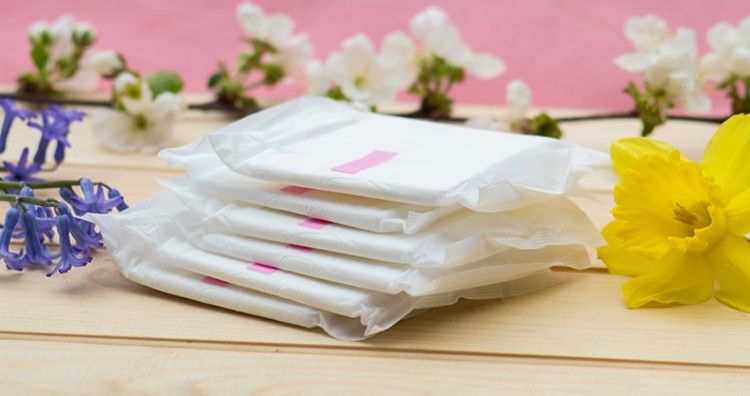
There is a lot of stigma around menstruation, and women have been trying to “hide” their periods for ages. From a young age, women are told that their periods make them dirty, which is why most women will do anything to keep up their hygiene during those days of the month. This has also led many women to try products such as scented tampons and pads that can help mask the smell.
In reality, scented sanitary products do more harm than good. According to experts, the vagina is self-cleaning, and there is no need to use perfume, soap, or any other product to keep it clean. In fact, the chemicals that are used in those products can further irritate the especially sensitive area. They can mess with the natural pH level and lead to infections, rashes, inflammation, and itching. That is why using scented pads and tampons for the sake of hygiene is a complete no-brainer. (1, 2)




















